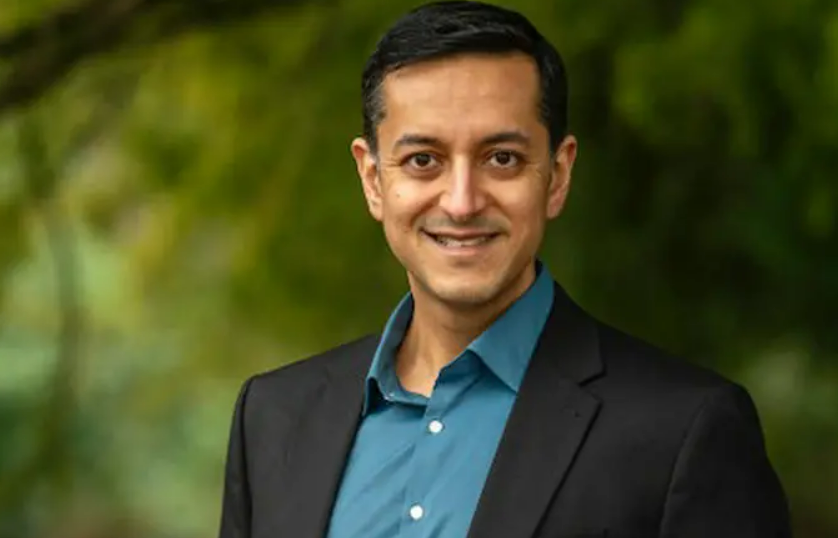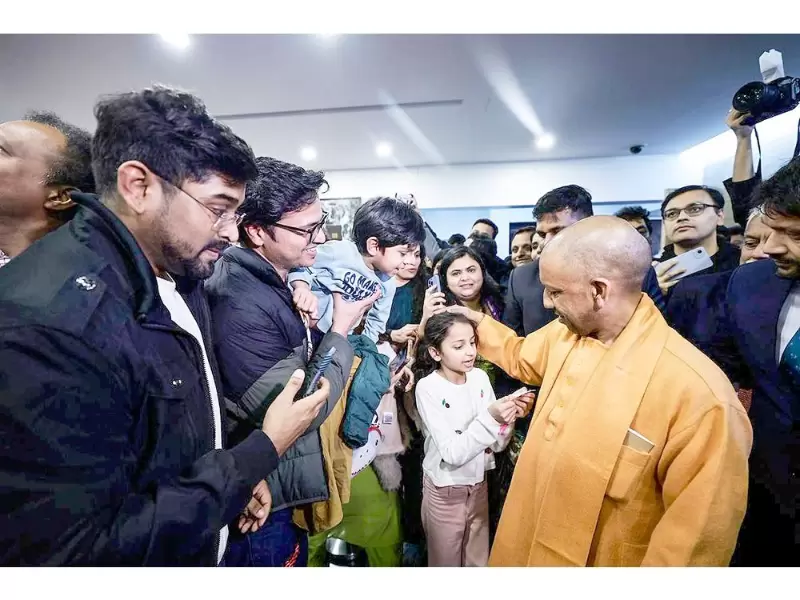Mehul Malik named Royal Society of Edinburgh fellow
Malik was named a fellow for his groundbreaking research in quantum photonics and information processing.
 Mehul Malik / Heriot-Watt University
Mehul Malik / Heriot-Watt University
The Royal Society of Edinburgh (RSE), has named Indian-origin quantum physicist Mehul Malik, a quantum physicist as a Fellow.
Malik, a physics professor and the Royal Academy of Engineering chair in Emerging Technologies at Heriot-Watt University, is known for his work in quantum photonics, which studies the application of light particles in cutting-edge computer, sensing, and communication systems.
Also read: Ramakrishna Podila named Royal Society of Chemistry fellow
“I am greatly honoured to be elected a fellow of the Royal Society of Edinburgh. I look forward to contributing to the work of the RSE and using this platform to create positive change in Scotland and the wider world,” Malik said.
Malik has authored more than 55 research papers on quantum optics and quantum information. His work focuses on quantum entanglement, quantum networks, quantum imaging and structured light.He leads the Beyond Binary Quantum Information Laboratory (BBQ Lab) in Heriot-Watt University and researches quantum information processing, entanglement, and complex scattering media.
Before joining Heriot-Watt in 2018, Malik was a postdoctoral researcher at the University of Vienna and IQOQI, holding a Marie Curie Fellowship. He earned his PhD from the University of Rochester and a bachelor's in physics from Colgate University. Passionate about science communication, he also advocates for gender diversity and researcher mobility in academia.
President of the Royal Society of Edinburgh, professor John Ball, welcoming the new cohort said, “They represent excellence in their fields and will reinforce our ability to tackle the challenges that Scotland, and indeed the wider world, faces now and in the future.”
RSE fellows help initiatives to address economic, educational, and environmental concerns by participating in interdisciplinary research and offering policy recommendations to governmental entities. Since its founding in 1783, the Society has honored distinction in a wide range of disciplines, including the arts, sciences, business, and public service. Fellows are chosen on the basis of their exceptional accomplishments, professional reputation, and contributions to society.
ADVERTISEMENT
ADVERTISEMENT
E Paper
Video




 Bhavana P
Bhavana P








.jpg)




Comments
Start the conversation
Become a member of New India Abroad to start commenting.
Sign Up Now
Already have an account? Login